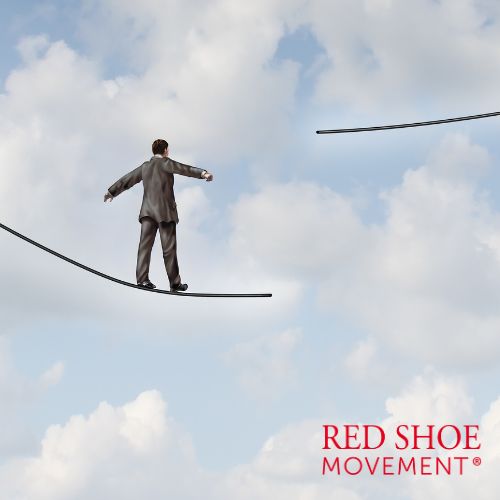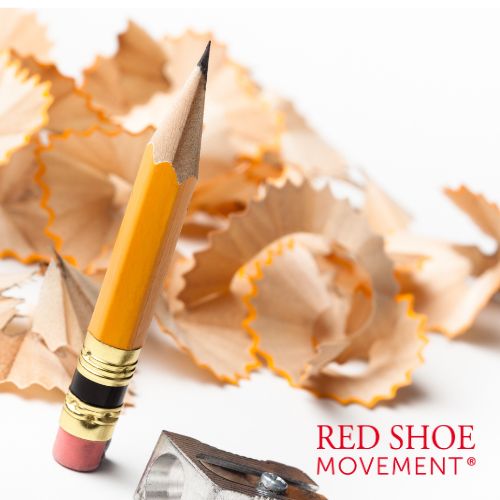- About Us
- Our Solutions
- What we can do for you
- Mariela Dabbah – #StepUpStrategist
- Step Up Women – Individuals
- Internal Impact – Peer Leadership Circles
- Internal Impact – Step Up Plus Program
- Internal Impact – Leadership Conference
- Leadership Conference 2024 Agenda
- Internal Impact – The RSM Circles
- External Impact #RedShoeTuesday
- External Impact #WingsOfCourage
- External Impact – Ring The Bell
- Awards
- Blog
- Compass Collection
- Shop
- Cart
Category: Women Empowerment
Categories
- Destinations (15)
- Human Resources Management (58)
- Influential People (18)
- Powerful Leaders (1)
- Powerful Women (13)
- Quizzes and Tests (2)
- Women Empowerment (131)
Tag Cloud
- advance your career (9)
- AI (1)
- Artificial Intelligence (2)
- business networking (3)
- career goals (4)
- career success (18)
- conflict resolution (1)
- creativity (2)
- Cultural Diversity (8)
- Disabled (2)
- Diversity and Inclusion (19)
- Diversity in the workplace (6)
- effective leadership traits (8)
- executive presence (4)
- female leaders (4)
- finding your passion (4)
- future of work (2)
- gender equity (1)
- Gen Z (3)
- Hall of Fame (14)
- Hands-on Pro (1)
- human resources (3)
- human resources management (3)
- hybrid workplace (3)
- inclusion (1)
- innovation (2)
- leadership (6)
- leadership development (7)
- leadership skills (13)
- male-dominated industries (1)
- mentoring (1)
- negotiating salary (3)
- overcoming adversity (10)
- Powerful Women Leaders (11)
- professional women (2)
- red shoe movement (1)
- Red Shoe Tuesday event (2)
- STEM (2)
- successful women (3)
- sustainability (3)
- women empowerment (9)
- women entrepreneurs (12)
- women in tech (3)
- women traveling (3)
- work life integration (16)






























